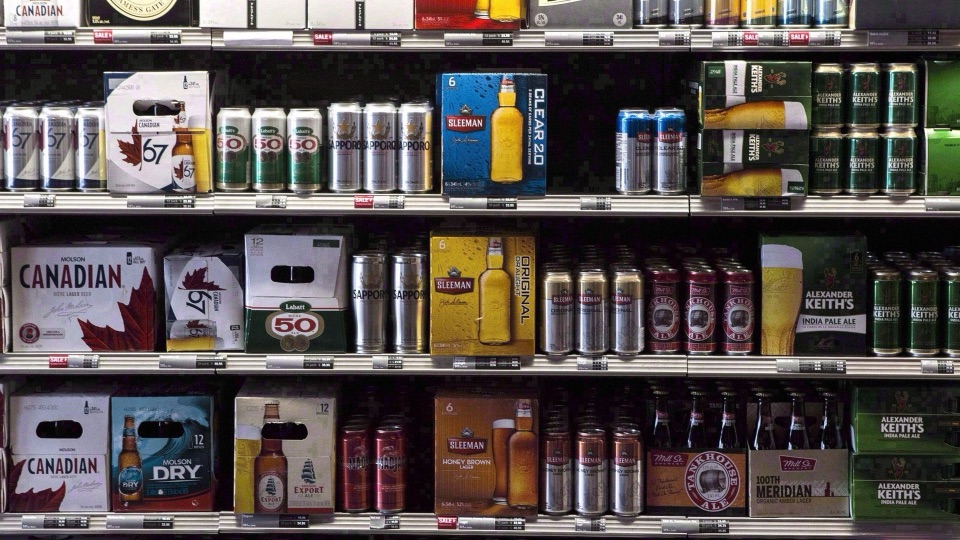
The Ontario Government has announced another freeze on the tax incorporated into the price of beer and wine, opting to maintain it at current levels rather than allowing for adjustments due to inflation. Although this tax is not explicitly listed on receipts during checkout, it is factored into the prices displayed on store shelves.
Scheduled increases in the beer basic tax and LCBO mark-up rates, projected to rise by approximately 4.6 percent on March 1, have been halted by the province as of Friday’s announcement.
Premier Doug Ford emphasized the government’s commitment to curbing costs for both businesses and families across the province, citing measures such as halting increases to the beer tax and reducing the gas tax.
This recent decision marks the sixth consecutive year in which the province has prevented tax increases tied to inflation, resulting in an estimated savings of around $200 million. The freeze will remain in effect for an additional two years until March 1, 2026.
Moreover, the government disclosed plans to expand alcohol sales to convenience stores by January 1, 2026, enabling the availability of beer, wine, cider, and ready-to-drink alcohol beverages in select convenience, grocery, and big box grocery stores statewide.
Finance Minister Peter Bethlenfalvy underscored the government’s goal of enhancing consumer choice and convenience while fostering stability for the alcohol and hospitality sectors. He highlighted the benefits of the tax freeze, which would offer savings for consumers, support brewers in reinvesting in their businesses and workforce, and facilitate a seamless transition to a revamped alcohol retail landscape.
Additionally, the government announced intentions to undertake a “targeted review” of taxes and fees on beer, wine, and alcoholic beverages in collaboration with industry stakeholders. This review aims to cultivate a more competitive marketplace favorable to Ontario-based producers and consumers.



